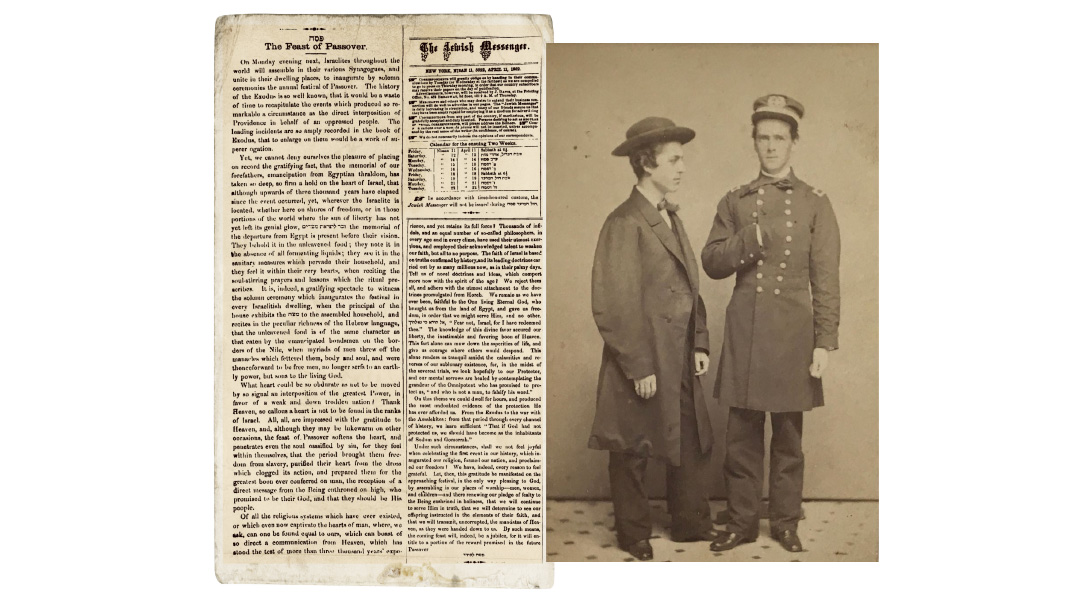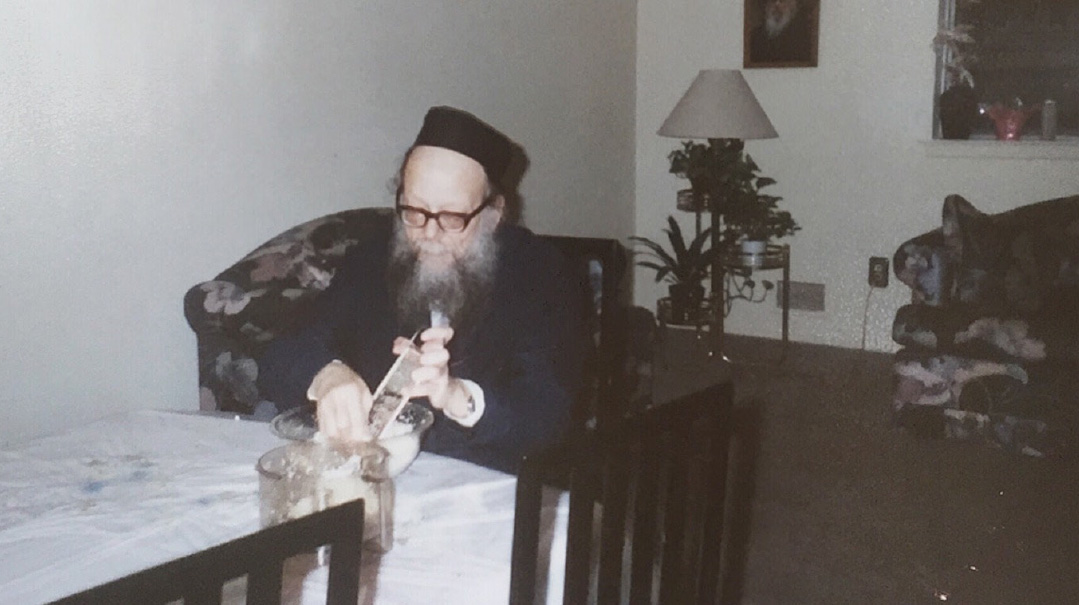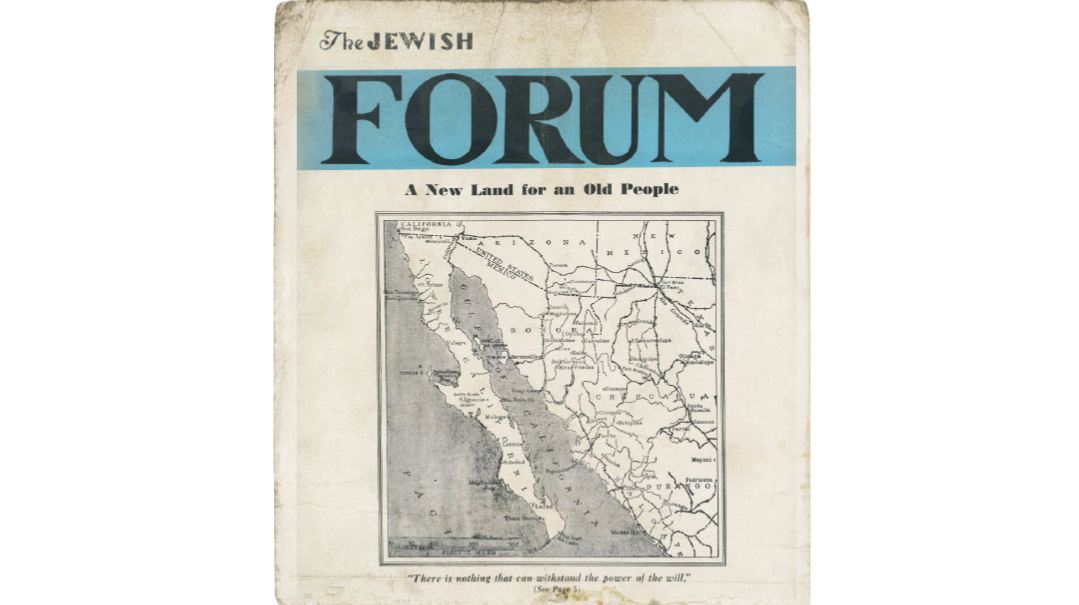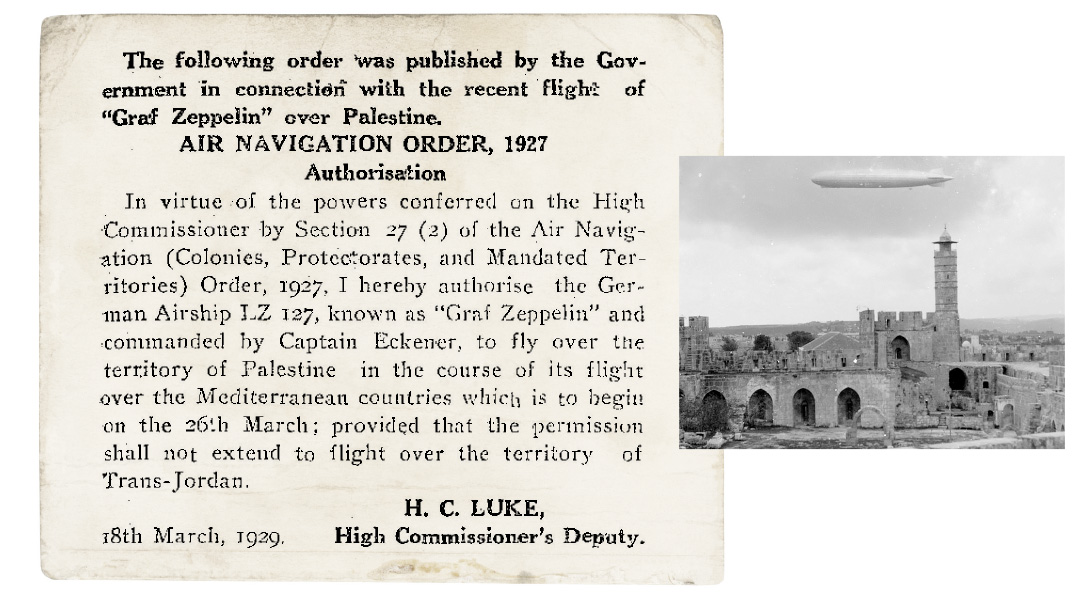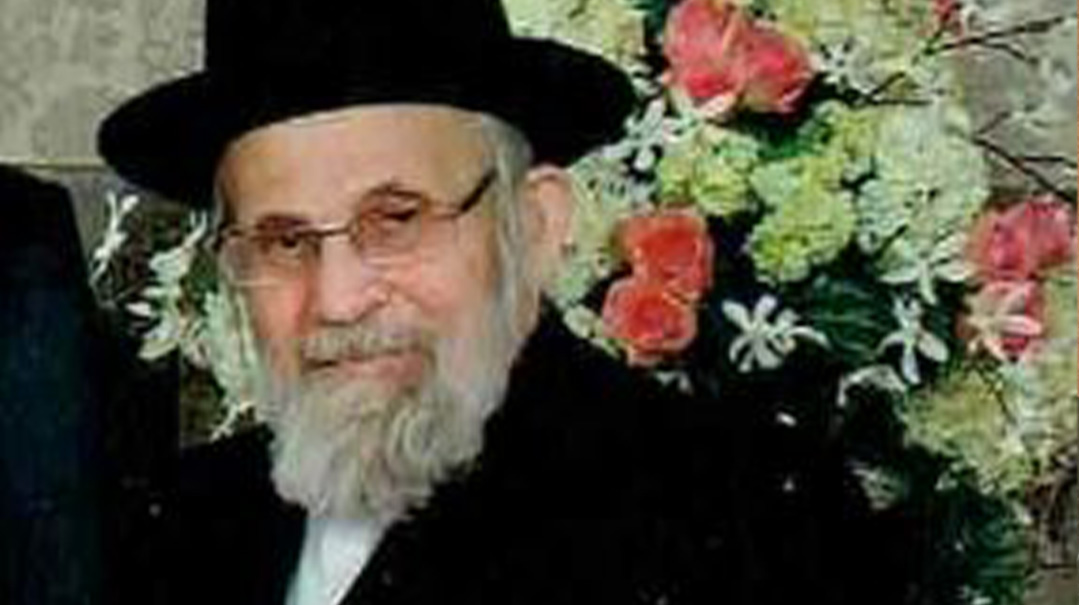Where Nobility and Generosity Merged
| December 20, 2022Mourning Reb Beri (Albert) Reichmann
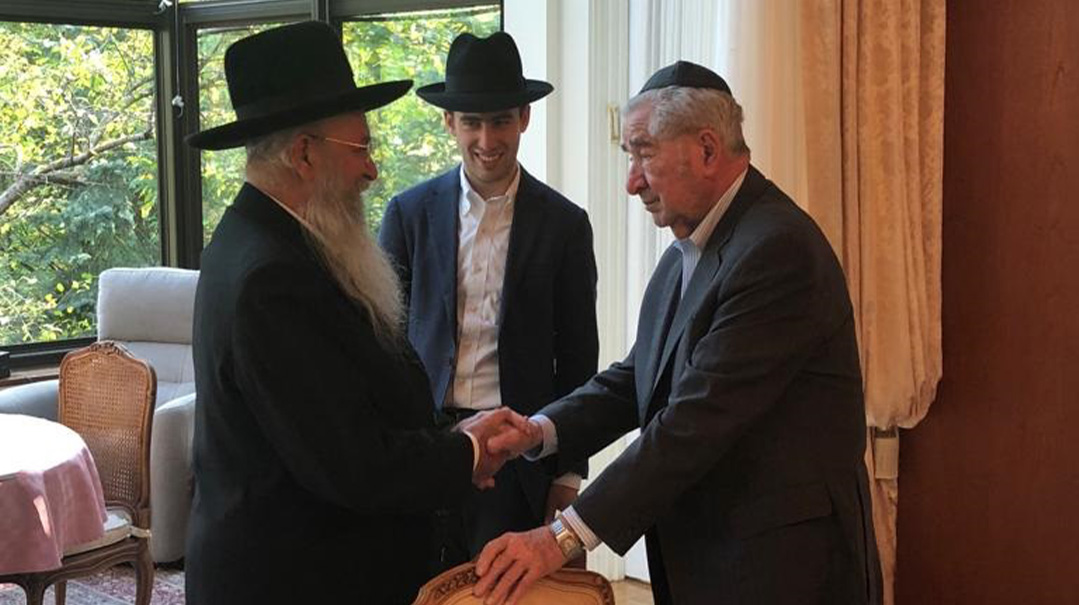
R
eb Beri Reichmann, who passed away last Shabbos, was the joint owner of Toronto-based Olympia & York, one of the largest real estate development companies in history, but with the indelible impact he had on Toronto and beyond, he created the most enduring edifices of all.
Born in Vienna, Austria, Beri Reichmann was nine years old when German soldiers marched into the city. His parents were away that Shabbos, and so he watched the soldiers bearing strange foreign flags march through the streets from the window of his aunt’s apartment, not fully understanding the significance of it all.
When his parents, who had been attending a bar mitzvah in Beled, Hungary, that Shabbos learned of the events back home, they arranged for the entire family to make a hasty escape. The Reichmanns wandered for some time, traveling through various countries, ultimately finding a home in Tangier, Morocco. There, Beri’s mother, Mrs. Renee Reichmann, launched a campaign to send thousands of food packages to Jews in concentration camps, with Beri, along with his siblings, fully involved in the endeavor.
Beri’s two brothers emigrated to Canada in the years 1949 and 1950, but Beri stayed on in Tangier. In 1953 he went to Israel, where he was introduced to a young, energetic woman named Egosah Feldman.
“Mademoiselle, will you come with me to Morocco?” he asked her. She said no.
But a few months later he returned and, this time, she accepted. The couple lived in Tangier until 1959, when they joined their family members in Toronto.
At first, brothers Beri, Eizik, and Moshe Reichmann worked together in Olympia Tile, a family-owned tile business. But as opportunities presented themselves, Beri and Moshe went on to found a commercial real estate construction company, which they named Olympia & York. The venture succeeded beyond any conceivable expectation. But even as he climbed the rungs of the corporate world, the name Albert (Beri) Reichmann was synonymous with impeccable business ethics and the most refined of characters.
As his financial success expanded, so did his generosity. Reb Beri’s philanthropy was legendary, and local institutions and individuals alike knew that he was the address to turn to in moments of need. But Reb Beri’s tzedakah was not tethered to locals, nor did he wait to be called upon. He gave to causes across the world, from his finances and his time, his energy and his heart.
Perhaps most notable was his involvement in the refuseniks’ cause. Reb Beri knew that Soviet leader Mikhail Gorbachev very much wanted the Reichmanns to invest in the USSR, and Reb Beri was able to leverage that interest for the sake of the refuseniks. He was active in the Shema Yisroel network, and the thousands of children from the USSR educated in their schools are his spiritual descendants.
Reb Beri’s overflowing generosity was not merely an offshoot of overflowing income. Because even during harder times, the giving continued. In 1992 Olympia & York was forced to declare bankruptcy as a result of complicated financial hurdles imposed on a London’s Canary Wharf construction project. Billions of dollars were wiped out, and the Reichmann fortune was a skeleton of what it once was. Not long thereafter, Reb Beri was seen at a wedding, circulating among the many guests, soliciting funds for one of the many tzedakah projects that he was involved in. He couldn’t give what he wanted to but he also couldn’t not give. And so he improvised making sure that his loss didn’t affect those who depended on him.
Rabbi Aaron Lopiansky recently shared this story, along with an important insight. “What this means,” he said, “is that all along, the tzedakah was about a sense of dedication that superseded wealth. This small story is the untold undercurrent of the much larger story of Reb Beri Reichmann’s largesse.”
A similar account was shared by Rabbi Ronnie Greenwald a”h at an Agudah convention several years back.
One Erev Yom Kippur, Rabbi Greenwald recalled, he received a call from Beri Reichmann. They had lost nearly everything in Canary Wharf, and were in the midst of bidding on one of America’s most prominent skyscrapers. But that wasn’t the topic of the phone call. There was a Jewish family in Vilna that didn’t have hot water. Reb Beri wanted to know if there was anything Rabbi Greenwald could do to help.
Reb Beri leaves behind a beautiful family, and a beautiful legacy.
Yehi zichro baruch.
(Originally featured in Mishpacha, Issue 941)
Oops! We could not locate your form.

